When lab meets life
Recent articles
Featured articles
In scramble for science faculty jobs, timing is key
Parlaying a postdoc into one of a dwindling number of faculty positions takes hard work and sheer luck.
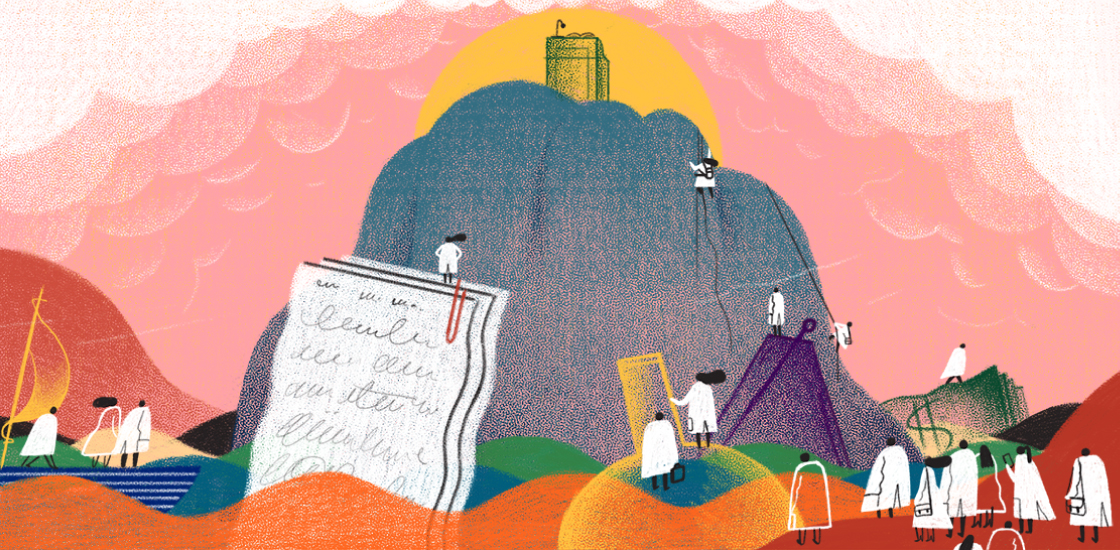
In scramble for science faculty jobs, timing is key
Parlaying a postdoc into one of a dwindling number of faculty positions takes hard work and sheer luck.
Rising star: Vanessa Bal traverses fine work-life balance
Parent, partner and professional — the need to fulfill all of these roles at once complicates Vanessa Bal’s life.
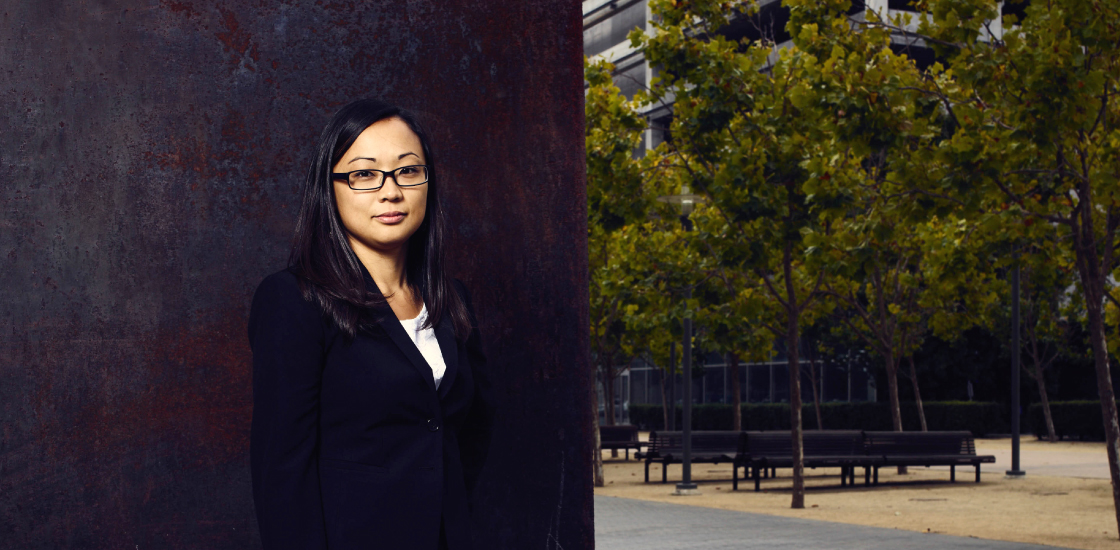
Rising star: Vanessa Bal traverses fine work-life balance
Parent, partner and professional — the need to fulfill all of these roles at once complicates Vanessa Bal’s life.
Specialized grants allow ex-scientists to restart careers
After an extended leave from a job, some scientists may struggle to reclaim their careers. A reentry grant can put them back in the game.
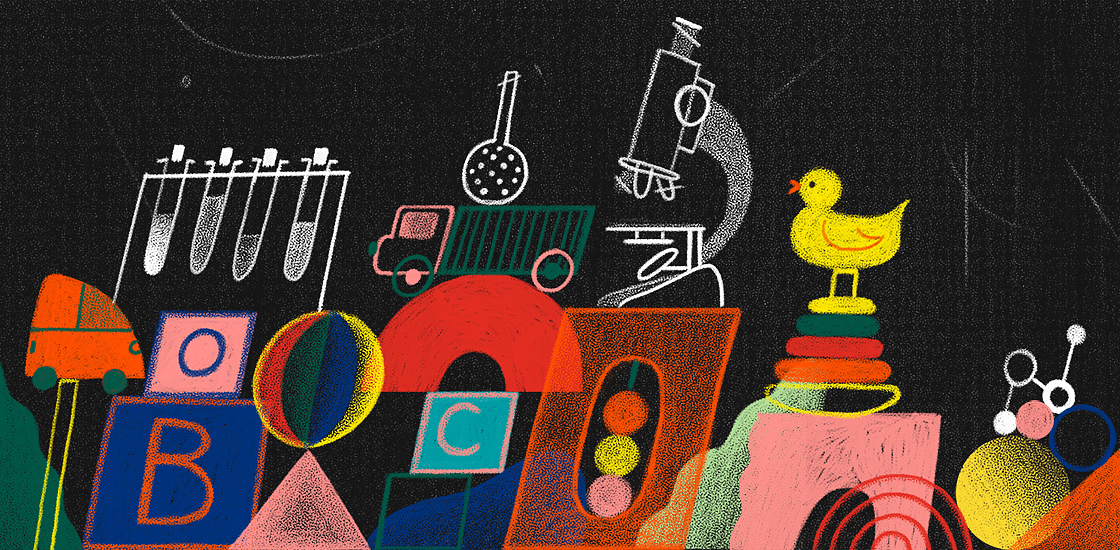
Specialized grants allow ex-scientists to restart careers
After an extended leave from a job, some scientists may struggle to reclaim their careers. A reentry grant can put them back in the game.
Academic couples see upsides to ‘two-body problem’
Researchers in a relationship may have trouble finding jobs in the same place, but some pairs see this as an opportunity.
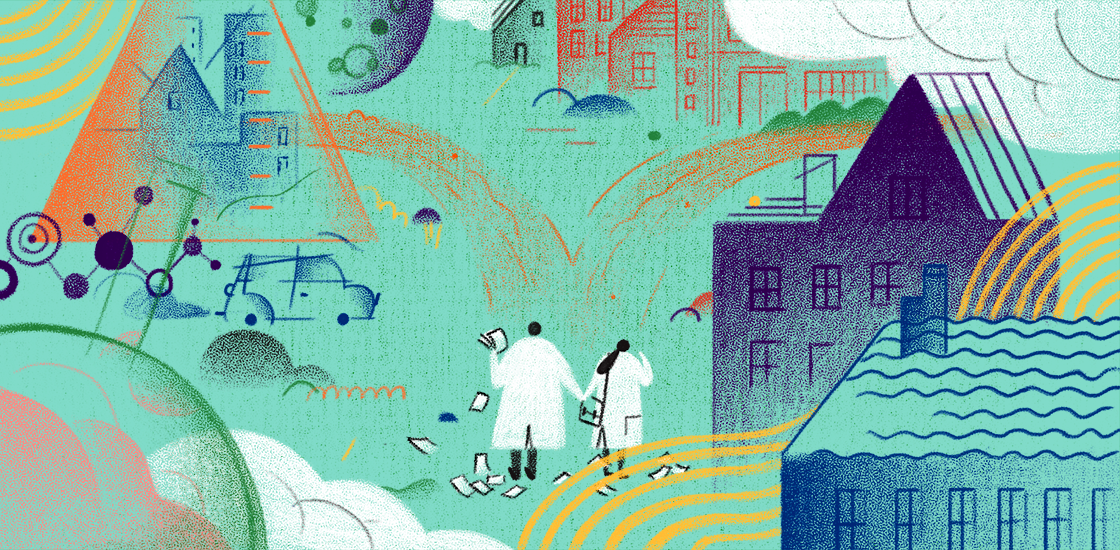
Academic couples see upsides to ‘two-body problem’
Researchers in a relationship may have trouble finding jobs in the same place, but some pairs see this as an opportunity.
Questions for Yael Niv: How to fight sexism in science
Male scientists typically dominate speaker lineups at conferences. The skewed gender ratio stunts women’s careers — and progress in science.
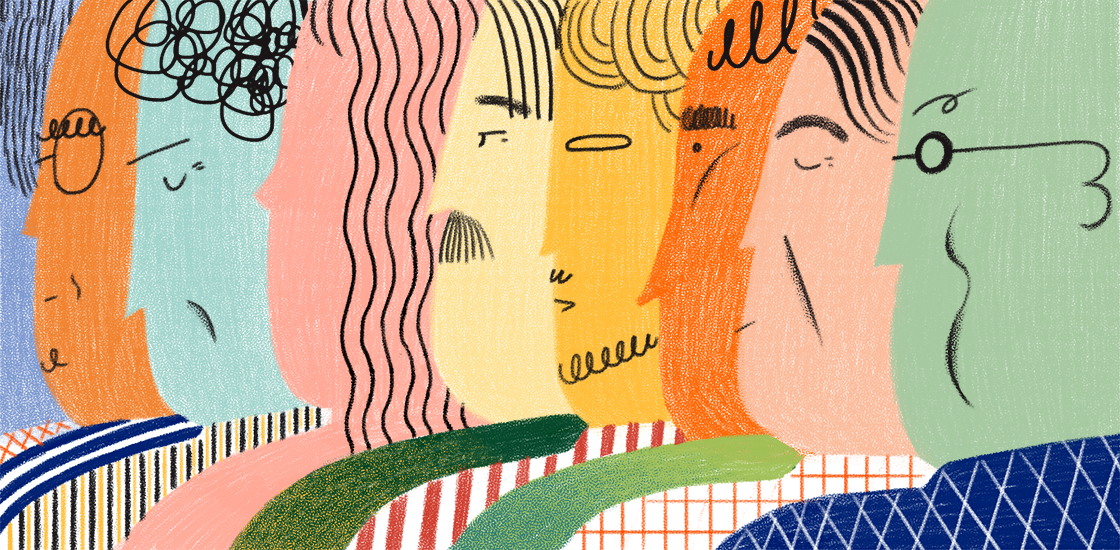
Questions for Yael Niv: How to fight sexism in science
Male scientists typically dominate speaker lineups at conferences. The skewed gender ratio stunts women’s careers — and progress in science.
Beyond citations: Why scientists need to engage with public
Scientists should regularly relate their work to a broad audience, and universities should support these efforts.
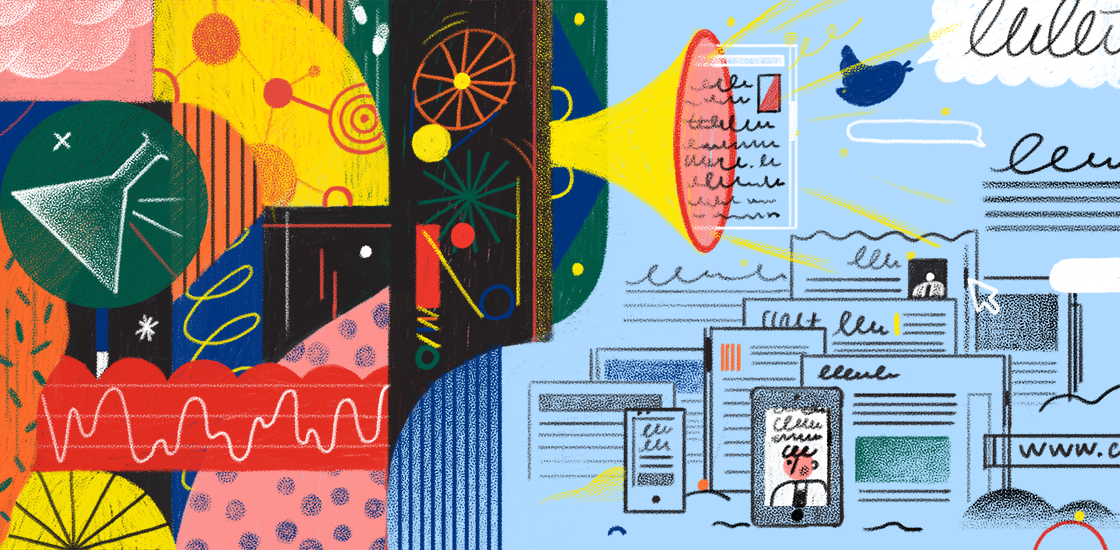
Beyond citations: Why scientists need to engage with public
Scientists should regularly relate their work to a broad audience, and universities should support these efforts.
From the archives
Helen Tager-Flusberg: Decoding the language of autism
The language deficit in autism is complex and diverse. With a no-nonsense and thoughtful approach, Helen Tager-Flusberg has devoted her career to sorting it all out.

Helen Tager-Flusberg: Decoding the language of autism
The language deficit in autism is complex and diverse. With a no-nonsense and thoughtful approach, Helen Tager-Flusberg has devoted her career to sorting it all out.
Rising star: Brian O’Roak brings ‘A’ game to autism genetics
Brian O’Roak has helped to steer some of the largest, most complex studies of autism genetics to date.

Rising star: Brian O’Roak brings ‘A’ game to autism genetics
Brian O’Roak has helped to steer some of the largest, most complex studies of autism genetics to date.
How to build a better scientist
Budding scientists need career guidance from faculty mentors, not just technical handholding by graduate students, suggests a comprehensive review.

How to build a better scientist
Budding scientists need career guidance from faculty mentors, not just technical handholding by graduate students, suggests a comprehensive review.
Parents turn their skills to furthering autism research
Most parents educate themselves as much as possible when their child is diagnosed with a disorder. A handful of others — in many cases, mothers — have devoted their professional lives to research on autism-related disorders.

Parents turn their skills to furthering autism research
Most parents educate themselves as much as possible when their child is diagnosed with a disorder. A handful of others — in many cases, mothers — have devoted their professional lives to research on autism-related disorders.
How to undo stereotypes that hinder women in science
Late this summer, a paper from Yale University researchers led by Jo Handelsman delivered some sobering news: There is still a clear bias against female scientists. The findings confirm the impression of many women in science, at all career levels, who feel undervalued.

How to undo stereotypes that hinder women in science
Late this summer, a paper from Yale University researchers led by Jo Handelsman delivered some sobering news: There is still a clear bias against female scientists. The findings confirm the impression of many women in science, at all career levels, who feel undervalued.
Women researchers in autism face glass ceiling
Women scientists did much of the important early work in the field of autism, but they still struggle with lower salaries, more teaching responsibilities in their institutions and fewer opportunities to head up large, multi-center collaborations.

Women researchers in autism face glass ceiling
Women scientists did much of the important early work in the field of autism, but they still struggle with lower salaries, more teaching responsibilities in their institutions and fewer opportunities to head up large, multi-center collaborations.
Explore more from The Transmitter
Dendrites help neuroscientists see the forest for the trees
Dendritic arbors provide just the right scale to study how individual neurons reciprocally interact with their broader circuitry—and are our best bet to bridge cellular and systems neuroscience.

Dendrites help neuroscientists see the forest for the trees
Dendritic arbors provide just the right scale to study how individual neurons reciprocally interact with their broader circuitry—and are our best bet to bridge cellular and systems neuroscience.
Two primate centers drop ‘primate’ from their name
The Washington and Tulane National Biomedical Research Centers—formerly called National Primate Research Centers—say they made the change to better reflect the breadth of research performed at the centers.

Two primate centers drop ‘primate’ from their name
The Washington and Tulane National Biomedical Research Centers—formerly called National Primate Research Centers—say they made the change to better reflect the breadth of research performed at the centers.
Post-infection immune conflict alters fetal development in some male mice
The immune conflict between dam and fetus could help explain sex differences in neurodevelopmental conditions.

Post-infection immune conflict alters fetal development in some male mice
The immune conflict between dam and fetus could help explain sex differences in neurodevelopmental conditions.